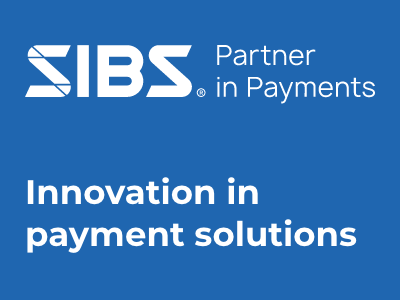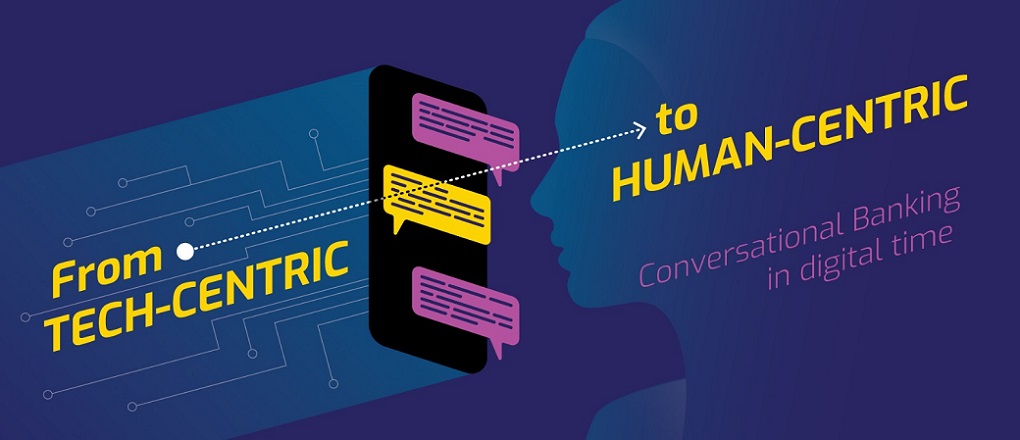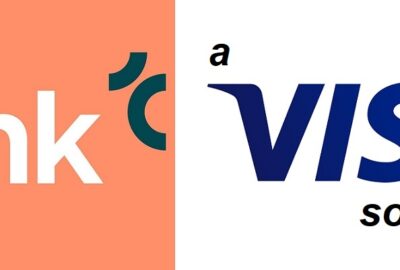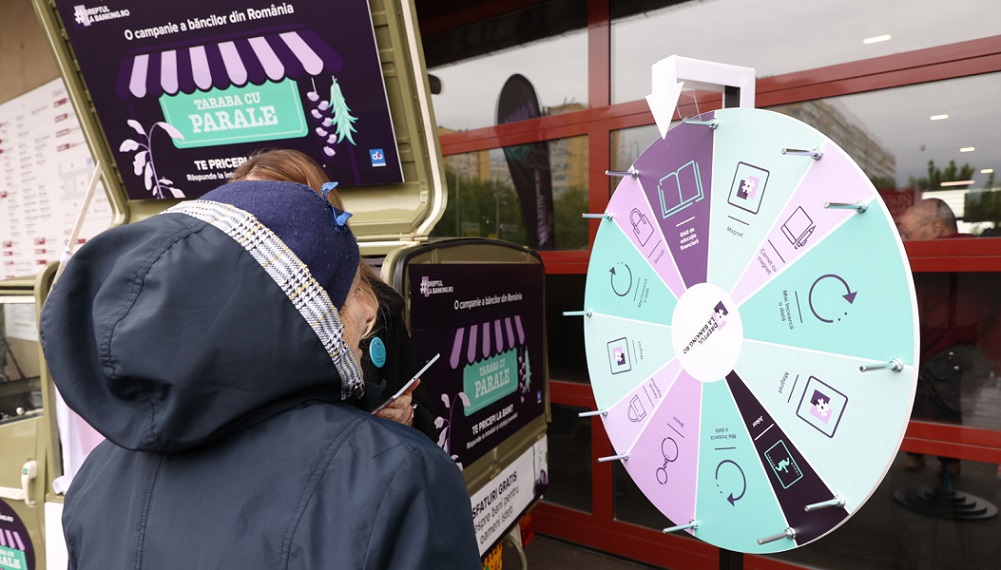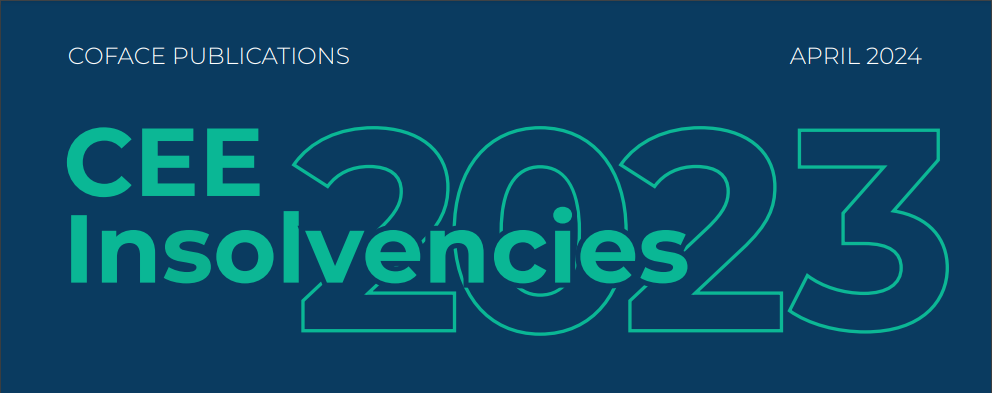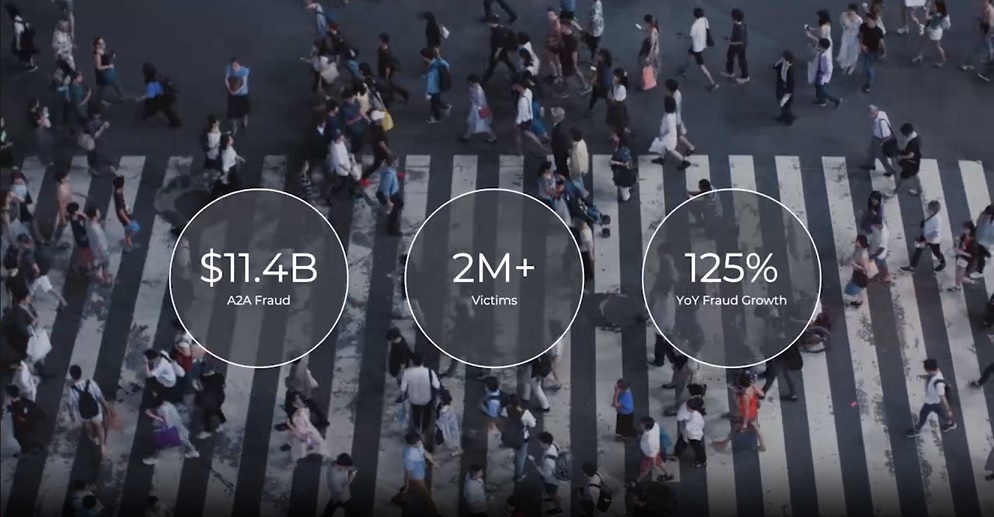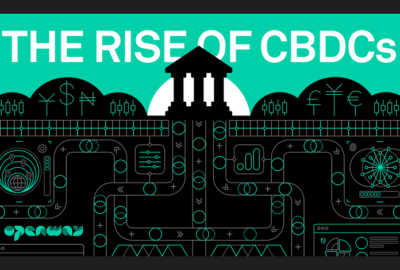FICO survey: UK consumers will choose banks based on fraud protection. Also, Americans value financial fraud prevention more than banking customer experience.
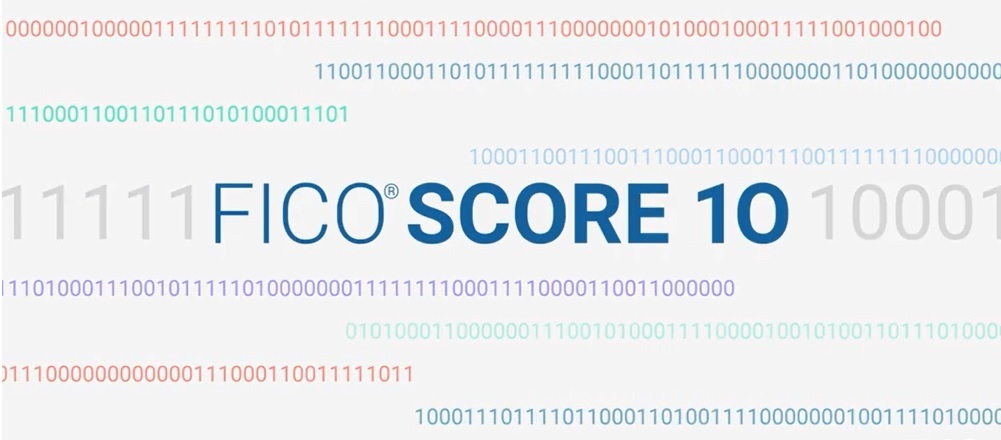
Global analytics software platform provider, FICO, released findings of a survey exploring the shift in consumer expectations on how financial institutions manage fraud. 25% will abandon opening a personal bank account if identity checks are too difficult or time-consuming.
The Consumer Survey 2022 surveyed more than 14,000 consumers across 14 different countries worldwide, including 1,000 consumers in the United States, and found that consumers expect a strong fraud stance from financial institutions as part of the customer experience (CX), both physically and digitally.
The report found that 40% of Americans surveyed either know, or believe their stolen identity may have been used open a financial account, of which 12.7% are definite this has happened. Based on the US population, that could equate to 32.8 million people. Although consumers in the older age brackets are often thought of as the target of fraud, the survey found that respondents aged 35-44 and 25-34 are the most likely to be victims of identity theft.
Interestingly, with finances stretched in these inflationary times, many think that falsifying information in applications is okay to gain credit. The report found that the risk of first-party fraud is high with about a third of consumers saying that exaggerating income on applications for financial accounts is acceptable in some circumstances or even normal behavior.
Fraud protection top of mind for U.S. consumers
American consumers continue to embrace digital banking, almost three quarters (73%) of respondents are more likely or just as likely to open an account digitally than they were a year ago. Conversely, only 1 in 10 people (9.6%) would not open an account digitally.
In fact, the report found that good fraud protection was the top consideration when opening a new financial account. The top five considerations when selecting a new bank account were: Good fraud protection (33.1%), Ease of use (31.6%), Good value for money (16.1%), Good customer service (7.7%), Ethical use of consumer data (5.4%)
However, banks need to be mindful of the security processes, as overtly tedious processes could affect the customer experience. The report found that 74% of consumers say they understand that banks need to perform identity checks to protect them from fraud, but consumers’ patience with identity verification processes has a limit. A quarter of consumers (25%) have abandoned application processes for financial accounts because the identity checks in the sign-up experience became too complex.
“Financial institutions are feeling the burden of finding the balance between safety and customer-centric experiences,” says TJ Horan, vice president of solutions product management at FICO. “With fraud increasing and consumers’ needs changing, it’s more important than ever, for institutions to prioritize and implement seamless customer experiences that protect against identity-based frauds.”
UK consumers believe that strong fraud protection can be a competitive differentiator
When asked to rank their considerations in selecting a financial account provider, the top factor for 30 percent was good fraud prevention. This came above value for money at 26 percent, according to the survey.
Greater levels of checks across the financial services sector in the past year are probably contributing to consumers seeing fraud prevention as important. Some 63 percent of respondents in the UK reported an increase in identity checks when purchasing online with a card and 52 percent saw a rise in the number of checks carried out when logging in to their bank accounts.
“Historically there has been a perception that fraud teams are an overhead, a necessity to cut fraud losses,” said Matt Cox, vice president and managing director for FICO in EMEA. “But successful fraud protection can actually increase competitive differentiation. Consumer awareness of scams and the methods used by financial institutions to prevent fraud is rising and with that comes an increased interest in a financial service provider’s fraud credentials.”
Biometrics take the lead – but customers still want choice
The other issue which has seen a sea-change in consumer attitudes is the identity verification methods used by providers. A few years ago, biometrics were largely unknown by consumers. Today they’re the preferred authentication methods.
When asked about making a payment online with a debit or credit card, 48 percent of respondents selected fingerprint scans as an excellent way to secure an account. Another biometric data set – face scan – was the top choice to access an account securely for 45 percent of respondents.
The appetite for receiving one-time passcodes to verify online payments has also shifted as digital engagement through banking apps has increased. FICO’s survey in 2020 found that only 14 percent wanted to receive notification of a pass-code to their mobile banking app. That percentage has increased to 36 percent in the 2022 survey.
“It is encouraging to see consumer preferences over identity checks starting to match pace with technology,” added Cox. “It seems that as new security methods become available, people are embracing them.”
Getting the balance right
There is, however, still some negative experience of verification checks that needs to be addressed by financial account providers. Consumers aren’t tolerant if their experience is poor. One in four respondents said they had stopped opening a new personal account as the identity checks were too difficult or time-consuming. Similarly, 20 percent said they had abandoned opening a savings account as the checks were too long and difficult.
“Aiming for a completely frictionless experiences could leave a provider over-exposed, but being adaptive is critical,” concluded Matt Cox. “Our survey shows that financial institutions need to be flexible in how they check customers’ identities. Each customer and situation is unique and catering for that well requires sophisticated orchestration of how identity is checked.”
Anders Olofsson – former Head of Payments Finastra
Banking 4.0 – „how was the experience for you”
„So many people are coming here to Bucharest, people that I see and interact on linkedin and now I get the change to meet them in person. It was like being to the Football World Cup but this was the World Cup on linkedin in payments and open banking.”
Many more interesting quotes in the video below:
